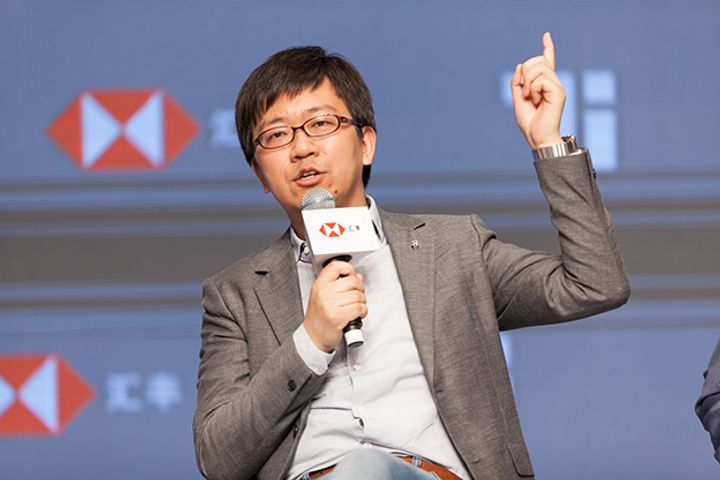 Chinese NEV Maker Singulato Postpones Launch of First Model
Chinese NEV Maker Singulato Postpones Launch of First Model(Yicai Global) Nov. 2 -- Chinese new energy vehicle startup Singulato Motors is erring on the side of caution by delaying the release of its first model as it looks to avoid the pitfalls experienced by other new players to the sector when releasing their own cars.
The Beijing-based firm will hold off on the release of Singulato iS6 medium-sized sports utility NEV until around the Spring Festival period in February next year, Singulato Chief Executive Shen Haiyin told Yicai Global.
Customers' negative comments on other recently released NEVs were a key factor in the decision, he said, adding that Singulato also aims to adjust its rate of production to avoid any issues upon delivery. The complicated industrial chains associated with car manufacturing require that automakers systematically manage their operations while also fitting in research and development and deliveries. Both Nio, which outsources its production, and US giant Tesla have faced delays in deliveries.
The company is working with the state-owned BAIC Group to prepare its production line and has completed road testing of totaling more than 2 million kilometers. Singulato aims to sell 20,000 vehicles next year.
Other NEV makers such as WM Motor Technology and Qiantu Motor have released products in 2018, while Xiaopeng Motors and Hozon Auto also plan launches before the year is out.
Most players in China's NEV supply chain do not have much experience in terms of dealing with unstable component production, said Rob Ferber, the former chief scientist of Tesla, adding that there are also difficulties in shifting to mass production and quality control.
The supply chain is rather conservative in support for NEV sectors in that it is not active in accepting orders from NEV companies, he added. Mass production not only depends on the factory construction but also requires higher requirements for supply chain development. NEV companies can purchase a large number of parts that meet quality requirements and achieve successful coordination in the short term but delays may occur if any issues arise, Ferber added.
Singulato Motor has drawn up a sound plan but is weak in manufacturing, Shen said earlier. The company built its own base to fill the gap and run its own carmaking function. The firm's shift from outsourcing to self-built factory began in late 2016 when Shen announced a USD1.2 billion NEV plant project in Tongling, Anhui province. an annual output of 200,000 vehicles. The project's first phase was completed in the first quarter of this year.
Singulato Motor also began building an industrial base in Jiangsu province's Suzhou in March. The two industrial bases have different orientations with the one in Anhui focusing on the production of smart large and medium NEVs and the other dealing with small models and rental vehicles.